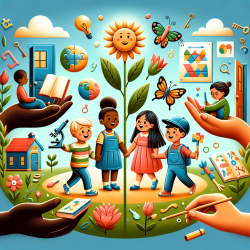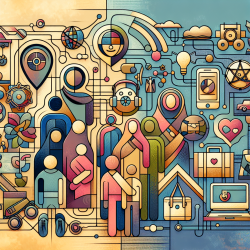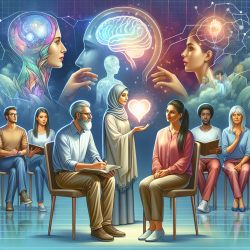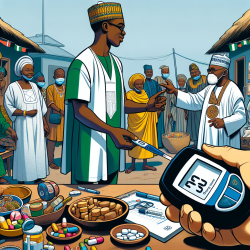The global displacement crisis has brought millions of individuals across borders in search of safety and a better life. Among them are countless children whose developmental needs are often interrupted by the harsh realities of their journeys. The research article "Refugee and Asylum-Seeking Children: Interrupted Child Development and Unfulfilled Child Rights" sheds light on these challenges and provides a framework for practitioners to better support these vulnerable populations.
The Impact of Displacement on Child Development
Childhood is a critical period for growth across physical, mental, social, and emotional domains. For refugee and asylum-seeking children, this development is often disrupted by adverse experiences such as violence, separation from family, and inadequate access to basic needs like education and healthcare. These experiences can lead to long-term consequences including mental health issues, chronic diseases, and educational setbacks.
Physical Health Challenges
- Lack of access to healthcare increases susceptibility to infectious diseases.
- Poor living conditions contribute to malnutrition and other health issues.
- Lack of vaccinations leads to higher rates of preventable diseases.
Mental Health Concerns
- Exposure to trauma can result in anxiety, depression, and PTSD.
- The stress of displacement affects both children and their parents, impacting family dynamics.
- Lack of social support exacerbates feelings of isolation and fear.
The Role of Education in Healing and Integration
Education plays a pivotal role in the integration process for refugee children. It not only provides knowledge but also offers a sense of normalcy and routine. However, many refugee children face barriers to accessing quality education due to limited resources in host countries.
- Lack of Access: Many refugee camps lack formal schooling facilities.
- Cultural Barriers: Language differences hinder effective learning.
- Gender Inequities: Girls often face additional barriers to education.
The research emphasizes the importance of inclusive education systems that integrate refugee children into mainstream classrooms. This approach helps them develop language skills faster, fosters cultural understanding among peers, and reduces feelings of alienation.
The Importance of Legal Frameworks
The United Nations Convention on the Rights of the Child (CRC) provides a comprehensive framework for protecting the rights of all children, including those seeking asylum. Article 22 specifically addresses the rights of refugee children, ensuring they receive appropriate protection and humanitarian assistance.
This legal backing empowers practitioners to advocate for policies that uphold these rights. By understanding the CRC's provisions, educators can better navigate the complexities involved in supporting refugee students.
Actionable Steps for Practitioners
The research offers several recommendations for practitioners working with refugee and asylum-seeking children:
- Cultural Sensitivity Training: Equip staff with skills to understand cultural differences and trauma-informed care practices.
- Create Safe Spaces: Develop environments where refugee children feel secure and supported.
- Liaison with Legal Experts: Work closely with legal professionals to ensure children's rights are upheld during resettlement processes.
- Community Engagement: Foster partnerships with local communities to provide additional support networks for families.
The journey towards supporting refugee children is ongoing. Practitioners must remain committed to continuous learning and advocacy. By implementing these strategies, educators can make a significant difference in the lives of these young individuals.
Refugee and Asylum-Seeking Children: Interrupted Child Development and Unfulfilled Child Rights










